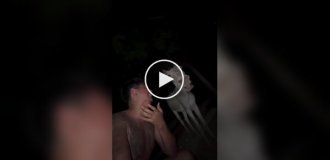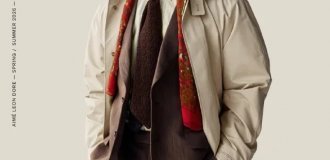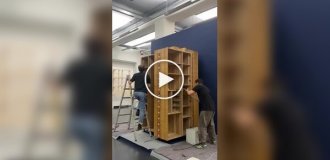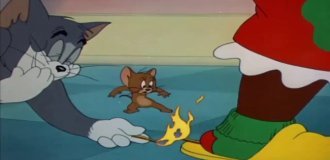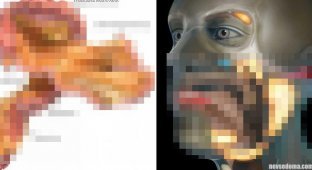During evolution, many organs and parts of the body became unnecessary for people. They once performed important functions, but no longer. Scientists around the world are still arguing about what the rudiment actually is. 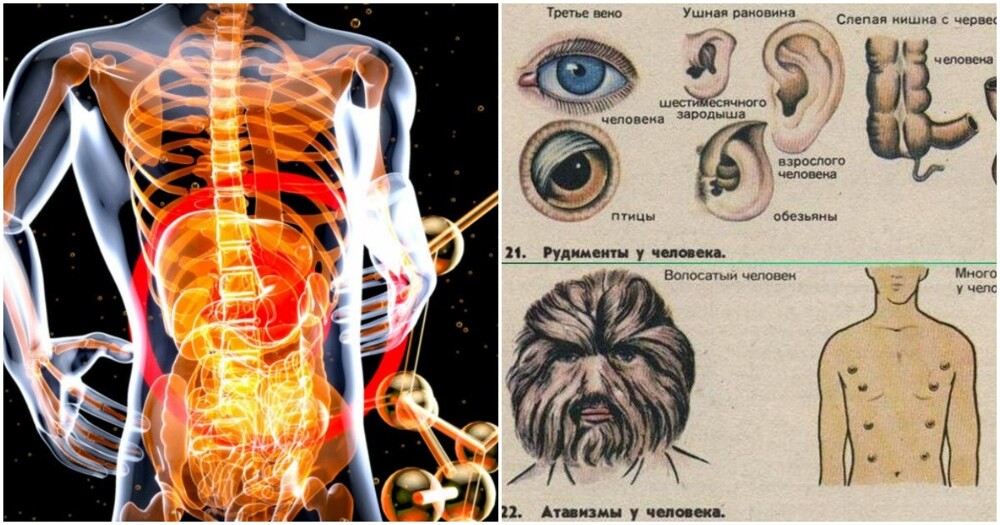
Vestiges are organs or structures that have lost their original function during evolution and no longer play an important role in the human body.
Typically these include:
The appendix is a small extension of the intestine that no longer serves important functions and can cause problems if it becomes inflamed.
“Goosebumps” is also called the pilomotor reflex. It occurs involuntarily to inform the body that it is cold outside or during emotional excitement. Scientists believe that we can live just fine without this reflex. This function is inherited from ancestors who used it for heat regulation or as a defense mechanism.
The barbel is a small musky patch inside the upper lip that is almost invisible in most people, but is the remnant of an organ involved in the sense of smell in animals.
Wisdom teeth are third molars that in many people do not grow in or become inflamed. 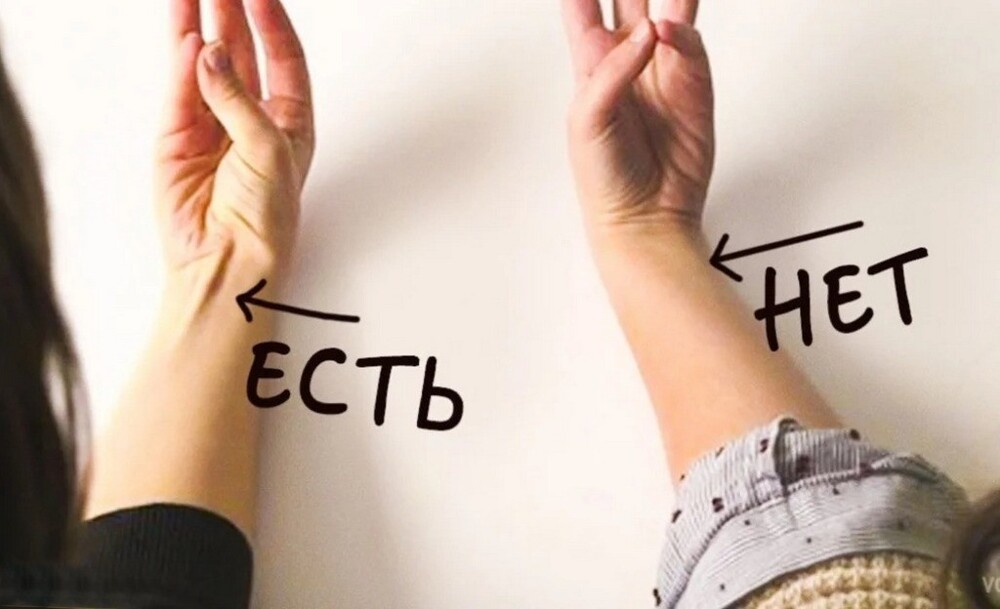
But anthropologist Dorsa Amir from Boston University drew attention to several more organs and limbs that people do not need in her opinion.
For example, the palmaris longus muscle and the auricularis muscle, known as the "tubercle of Darwin," have lost their original function and are considered useless for modern man. The first of them was used by our ancestors for climbing trees, and the second controlled the movement of the ears, which now has no practical significance. 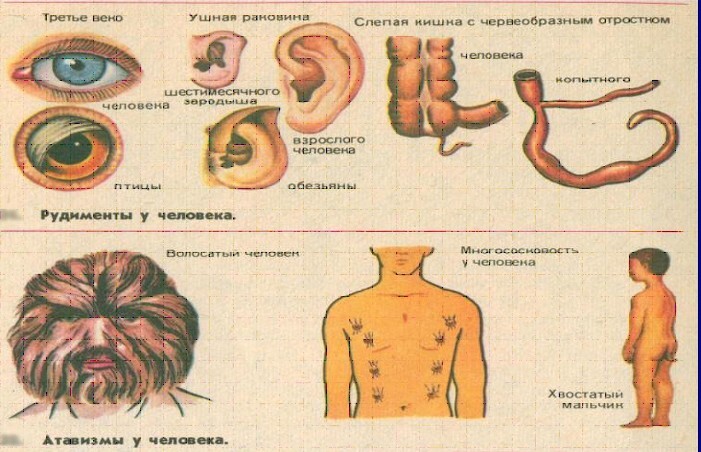
Another example of a rudiment is the subclavian muscles, which are necessary for animals that walk on four legs, but are not essential for humans.
The coccyx, by the way, is also considered a rudiment. tonsils also cause controversy 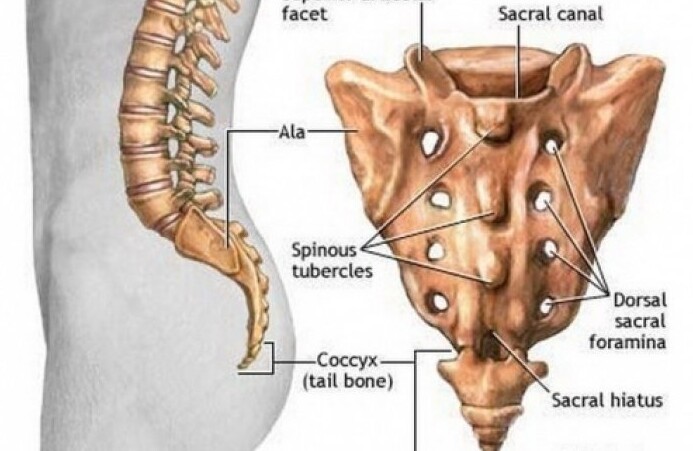
In general, a lot more can be studied about history and the human body, but there will still be disputes.
Add your comment
You might be interested in:







